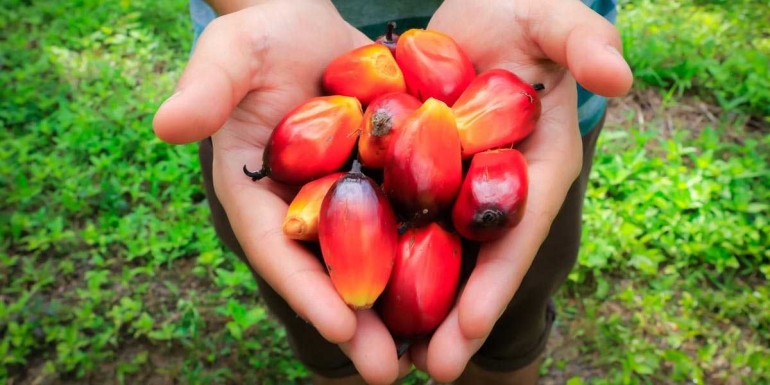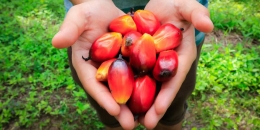Palm oil is an essential contributor to the Indonesian economy and rural livelihoods. However it has faced increasing international scrutiny over its sustainability. Since 2009, the Indonesian government has a national sustainability platform called Indonesian Sustainable Palm Oil (ISPO), and ISPO certification has been mandatory for palm oil mills, estates, and suppliers in the country.
ISPO has a dual function. First, it aims to improve Indonesian palm oil's global competitiveness through a set of government directives and regulations. Second, it sets national standards for sustainability practices of Indonesian palm oil companies. ISPO covers 100 stringent central and regional government regulations. These range from environmental management, labour practices, and legality aspects to health and safety and best practices in plantation management.
The ISPO Commission is led by the Director General of Plantation, Ministry of Agriculture, and involves senior officials from the Ministry of Environment and Forestry, Ministry of Manpower, National Land Agency, and economic agencies under the supervision of the Coordinating Ministry of Economy. The Commission issues ISPO certificates to Indonesian companies that pass all of the ISPO requirements.
In the 9 years after the implementation of Indonesia Sustainable Palm Oil (ISPO), the result have not been effective. As reported by Forest Watch Indonesia (FWI), out of 11.6 million hectares of palm oil plantations in Indonesia only 13 percent has implemented ISPO systems.
Indonesia considers ISPO certification to be a key strategic initiative for the palm oil industry because it helps improve supply chain visibility and sustainability. We are expecting the ISPO Commission to strengthen its governance and potential new regulations via Presidential decrees as early as second half 2018. Getting ISPO Certification requires compliance with human rights, safety, and environmental issues.
Follow Instagram @kompasianacom juga Tiktok @kompasiana biar nggak ketinggalan event seru komunitas dan tips dapat cuan dari Kompasiana
Baca juga cerita inspiratif langsung dari smartphone kamu dengan bergabung di WhatsApp Channel Kompasiana di SINI







